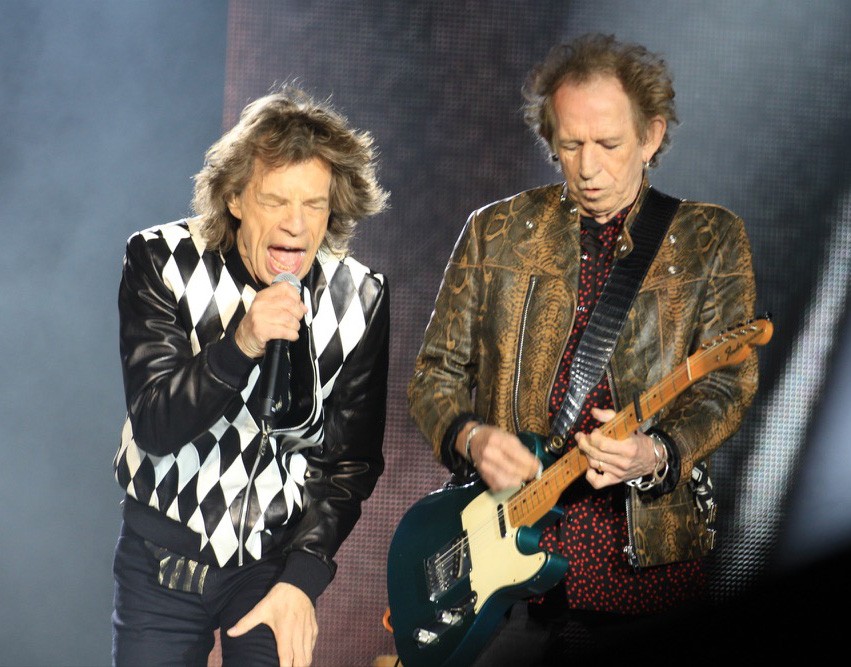Billy Joel has long cultivated an image as the everyman musician—the Piano Man who sings for the working class and keeps his ego in check. But in 1987, during a historic concert in Moscow, that image took a hit. Frustrated by technical issues, Joel exploded on stage, flipping a piano, smashing a microphone stand, and screaming mid-song.
The concert was meant to be a cultural exchange, a rare moment of American rock in the Soviet Union. Instead, Joel’s meltdown became one of the defining moments of the tour, revealing his deep frustration with losing control—and his relentless perfectionism that sometimes led to public outbursts.
Contents
Setting the Stage: A Historic Tour with High Stakes
In 1987, the Cold War was easing, and cultural exchanges between the U.S. and the Soviet Union were becoming more common. Billy Joel, one of America’s biggest rock stars, embarked on a six-show tour across the USSR, making him one of the first Western artists to perform a full-scale stadium concert there.
The tour was more than just music—it was a diplomatic moment. Soviet leader Mikhail Gorbachev had begun opening the country to Western culture, and Joel’s performances symbolized a new era of artistic freedom. The stakes were high, and the whole world was watching.
Joel had invested heavily in the tour, putting up $2 million of his own money. He brought his family, a crew of over 100 people, and a film team to document the event. But the Soviet crowds weren’t reacting the way he expected. While American audiences sang and danced, Soviet concertgoers—conditioned by years of strict government control—were hesitant. And then, during a performance in Moscow, everything boiled over.
The Infamous Incident: When the Piano Man Snapped
The meltdown happened during “Sometimes a Fantasy.” Joel noticed that the stage lights were repeatedly shining on the crowd, making them freeze in fear. In the Soviet Union, bright lights on a crowd were often a sign of state security looking to crack down on rowdy behavior. The pattern repeated—lights on, audience stiff; lights off, audience danced.
Joel, known for his intense perfectionism, saw his connection with the crowd slipping away. He started yelling mid-song:
“STOP LIGHTING THE AUDIENCE!”
But the lighting crew didn’t respond. His frustration exploded. He flipped his Yamaha piano over, sending parts flying across the stage. He stormed to the front, grabbed a microphone stand, and repeatedly smashed it into the stage. The audience, unfamiliar with Western rock theatrics, cheered, assuming it was part of the act.
Meanwhile, his band played on, stunned but unwilling to stop the performance. Joel, still seething, kicked his grand piano and continued singing with a broken mic stand. The moment was caught on film and became the defining image of the tour—not as a symbol of artistic diplomacy, but as an example of an artist losing control.
The Aftermath: Media Fallout and Joel’s Defense
The next day, headlines in the U.S. didn’t celebrate the cultural moment—they focused on the meltdown. The New York Times ran a story headlined “Billy Joel Has a Tantrum”, framing him as an egotistical rock star who had lost his cool.
Joel defended himself in interviews, claiming his actions were about protecting the audience. “People like their privacy,” he explained in 2014. “They go to a concert to get that, to be in the dark and do their own thing.” He insisted he was standing up for the fans, but the damage to his reputation was done.
The Soviet media was more forgiving. Since the audience had never seen a rock star act this way, many assumed it was part of the performance. Some even viewed it as a rebellious moment, a rare display of raw emotion in a society that discouraged such behavior.
Image vs. Reality: The Everyman with a Short Fuse
Billy Joel has spent decades cultivating an image as a humble, down-to-earth musician. He’s The Piano Man, the regular guy who writes songs for the people. But his actions in Moscow suggest a different reality.
Like many artists, Joel is a perfectionist, and the pressure of performing at such a high-profile event exposed the cracks in his carefully maintained image. His need to control the experience, his frustration when things didn’t go his way, and his inability to hold back his emotions on stage all pointed to a passionate performer whose temper could sometimes overshadow his talent.
When the Piano Man Hits a Sour Note: A Legacy of Passion and Ego
Billy Joel’s 1987 Moscow performance should have been remembered as a historic cultural exchange. Instead, it’s remembered for a piano flip and a screaming meltdown. The incident revealed a musician whose passion and temper are two sides of the same coin—an artist who thrives on connection but struggles when that connection isn’t perfect.
Joel remains a legendary songwriter, but the Moscow incident serves as a reminder that even the most polished artists can crack under pressure. It was a moment of raw emotion, but also of artistic intensity—a sign that, for Billy Joel, the performance will always come first, even when the chaos takes center stage.



